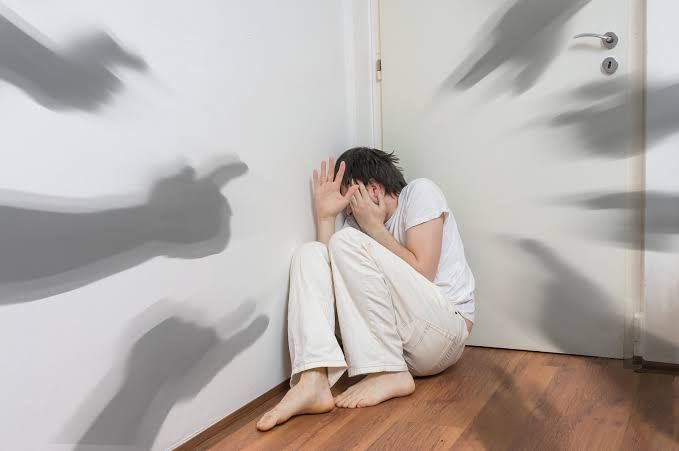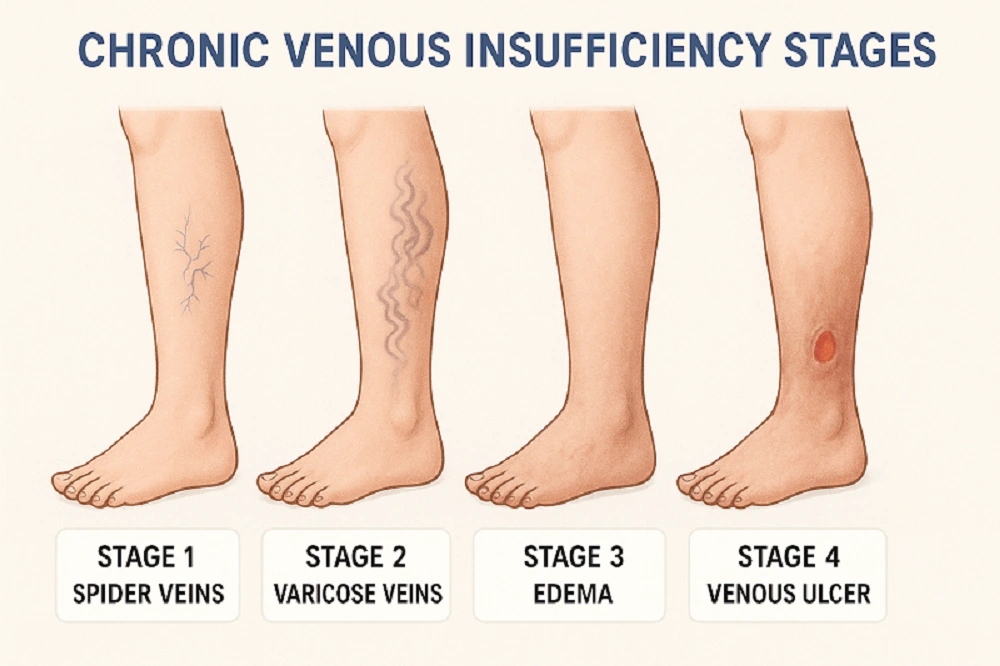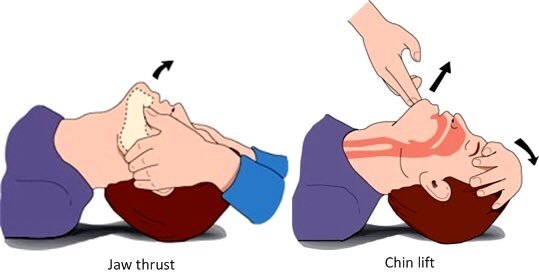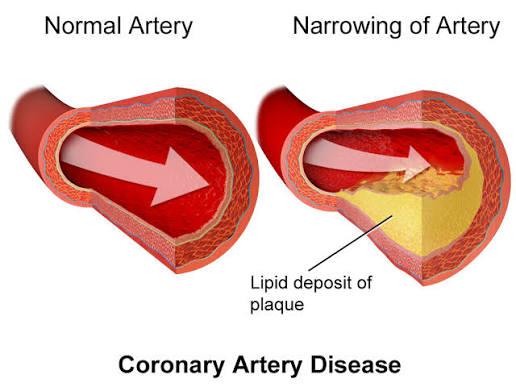
A 25-year-old male presents with a 2-week history of hearing voices, believing that his thoughts are being controlled by an external force, and exhibiting disorganized thinking and behavior. What is the most likely diagnosis?
- a) Schizophrenia ✓
- b) Bipolar Disorder
- c) Major Depressive Disorder
- d) Anxiety Disorder
We need to analyze the symptoms in detail.
Step 1: Understanding the Symptoms
The patient is experiencing:
- Auditory Hallucinations: Hearing voices is a common symptom associated with psychotic disorders.
- Delusions: The belief that his thoughts are being controlled by an external force indicates a delusional thought process.
- Disorganized Thinking and Behavior: This suggests a disruption in cognitive functioning, which is often seen in severe mental health conditions.
Step 2: Evaluating Possible Diagnoses
Now let’s evaluate each of the provided options:
a) Schizophrenia: This disorder is characterized by symptoms such as hallucinations, delusions, disorganized thinking, and impaired functioning. The duration of symptoms must be at least six months for a diagnosis of schizophrenia; however, if these symptoms are present for less than six months but meet the criteria for schizophrenia (including positive symptoms like hallucinations and delusions), it may be classified as “schizophreniform disorder.” Given that this patient has had symptoms for only two weeks, he may not meet the full criteria for schizophrenia yet but could still be experiencing an acute episode.
b) Bipolar Disorder: While bipolar disorder can include psychotic features during manic or depressive episodes, the primary symptoms presented here do not indicate mood disturbances typical of bipolar disorder. The focus on auditory hallucinations and delusions without significant mood changes leans away from this diagnosis.
c) Major Depressive Disorder: This condition can also have psychotic features (psychotic depression), but it typically includes significant depressive symptoms such as low mood, loss of interest or pleasure, fatigue, etc. The absence of these core depressive symptoms makes this diagnosis less likely.
d) Anxiety Disorder: Anxiety disorders primarily involve excessive worry or fear and do not typically include hallucinations or delusions. Therefore, this option does not align with the patient’s presentation.
Step 3: Conclusion
Based on the analysis above, the most fitting diagnosis considering the acute onset of psychotic symptoms (auditory hallucinations and delusions) is: Schizophrenia







